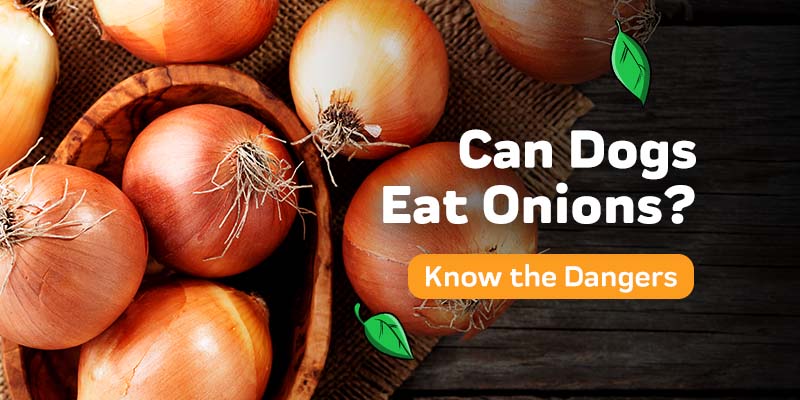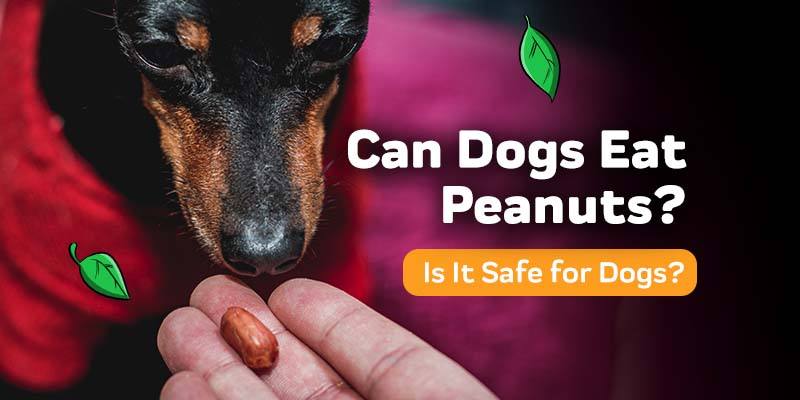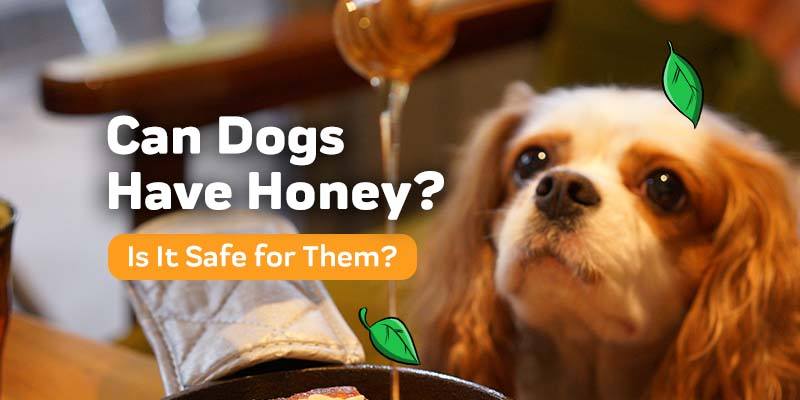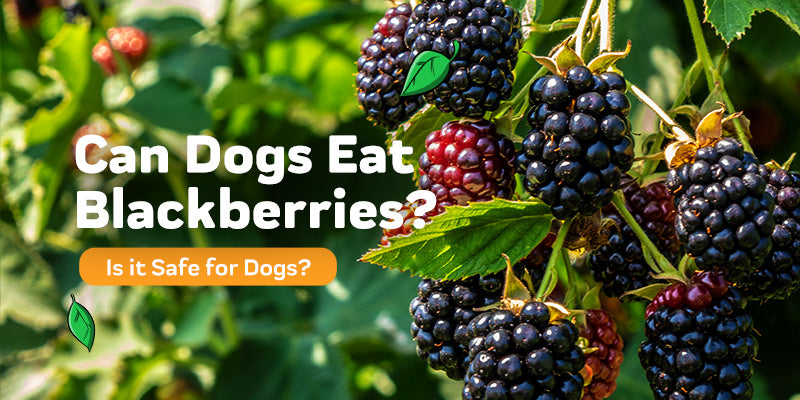- Are Cherries Safe for Dogs?
- Are There Any Safe Cherries for Dogs?
- What Should You Do If Your Dog Eats Cherries?
- Conclusion
Dogs love to investigate all kinds of food, including human food. While some of our foods are safe for our four-legged friends to eat, others are bad for them and can cause a range of symptoms, from upset stomachs to breathing difficulties and even death.

So, is it safe for dogs to eat cherries? While these sweet fruits do contain some beneficial nutrients, they can be more harmful to your four-legged friend than you’d think. In large quantities, this seemingly harmless fruit can even prove fatal to canines and other animals, so it’s important to be in the know when it comes to what your pooch can and cannot eat.
In this article, we explain why cherries aren’t a good choice for your pup, and what you should do if you do find your dog has helped themselves to them.
Are Cherries Safe for Dogs?
The flesh of cherries isn’t necessarily toxic to dogs, but you should still take extreme caution when offering your pet anything cherry-related. Why? Cherry pits, leaves, and stems all contain cyanide. That’s the case for all types of cherry, including black, bing, and rainer varieties.
Cyanide is highly toxic to canines, other pets, and humans, and can even be fatal if enough of it is consumed. This substance is not found in the fleshy part of the fruit. This means that it’s possible for pups to eat the flesh in small quantities, but this should always be cherries without pits. All leaves and stems should be completely removed too.
There are some potential health benefits of cherries for both humans and animals, which include pain relief, reducing hypertension, and controlling blood sugar. However, a dog would have to eat so many of them to reap the benefits that the risks would far outweigh the benefits of doing this. As with all foods not intended specifically for dogs, you should check with your veterinarian before offering any cherry-flavored food to your beloved pet.
Are There Any Safe Cherries for Dogs?

Many people wonder whether maraschino cherries are safe for dogs because they don’t have cherry pits or stems. While maraschino cherries are unlikely to poison your pup, they have far too much added sugar to be considered a worthwhile treat.
The same goes for cherry-flavored foods. While they are safe, they’re not necessarily good for dogs. These foods tend to have lots of sugar, chemicals, and artificial flavorings among their ingredients. Even those with natural flavorings from real fruits are often loaded with sugar.
What Should You Do If Your Dog Eats Cherries?
No matter how well-trained a pet is, accidents do happen, and you may find yourself in a situation where your pooch has snaffled some whole cherries.
In small quantities, the effects are unlikely to be severe, but you should look out for the signs of intestinal obstruction. You might notice constipation, vomiting, and decreased appetite. A single cherry pit is only likely to cause a blockage in smaller pups, but you should still be aware of this for dogs of all sizes.

However, if your canine friend has eaten a large quantity, look out for the signs of cyanide poisoning, which can be very serious. The symptoms of this include:
- Decreased appetite
- Bright red gums
- Dilated pupils
- Hyperventilation or difficulty breathing
- Abnormal heart rate
- Convulsions
- Collapse
- Tremors
When dogs eat cherries, the symptoms can kick in quickly although may take as long as 24 hours to take effect. If they’ve only eaten one or two, monitor your pet carefully. Should you start to notice signs like dilated pupils and difficulty breathing, contact a veterinarian right away.
The veterinarian will be able to perform diagnostic tests to check that cyanide poisoning is behind your pet’s illness, and may use a range of treatments to remedy it. Detoxification methods include the inhalation of nitrates or an IV drip of Thiocyanate or rhodanese. Oral medications that contain sodium thiosulfate may also be used to help the dog remove traces of cyanide from its system.
The best way to avoid this kind of illness is to simply prevent the problem from arising. Always keep stoned fruits out of reach if you have them indoors, and be extra cautious when walking your dog in areas where cherry trees grow.
Conclusion
So, can dogs eat cherries? While the flesh is not toxic to dogs, the pits, leaves, and stems all contain cyanide and can lead to cyanide poisoning when ingested. Even if you only offer your pet the flesh, they’re unlikely to get any health benefits from it in such small quantities.
Ultimately, it’s best to avoid this sweet fruit when it comes to preparing food and treats for your dog, and always keep un-pitted fruits well out of reach. If your pooch does happen to eat a whole cherry, you should always contact a veterinarian right away. Without treatment, cyanide poisoning can be fatal. However, if you can get medical attention as soon as possible, the treatment methods are likely to be effective.
Luckily, there are lots of other fruits and berries that are good for dogs, such as blueberries. If you’re concerned with making sure your pup gets a balanced diet, give them our Innovet Multivitamin Soft Chews, an easy way to get all the health benefits of cherries but without the risk.

















